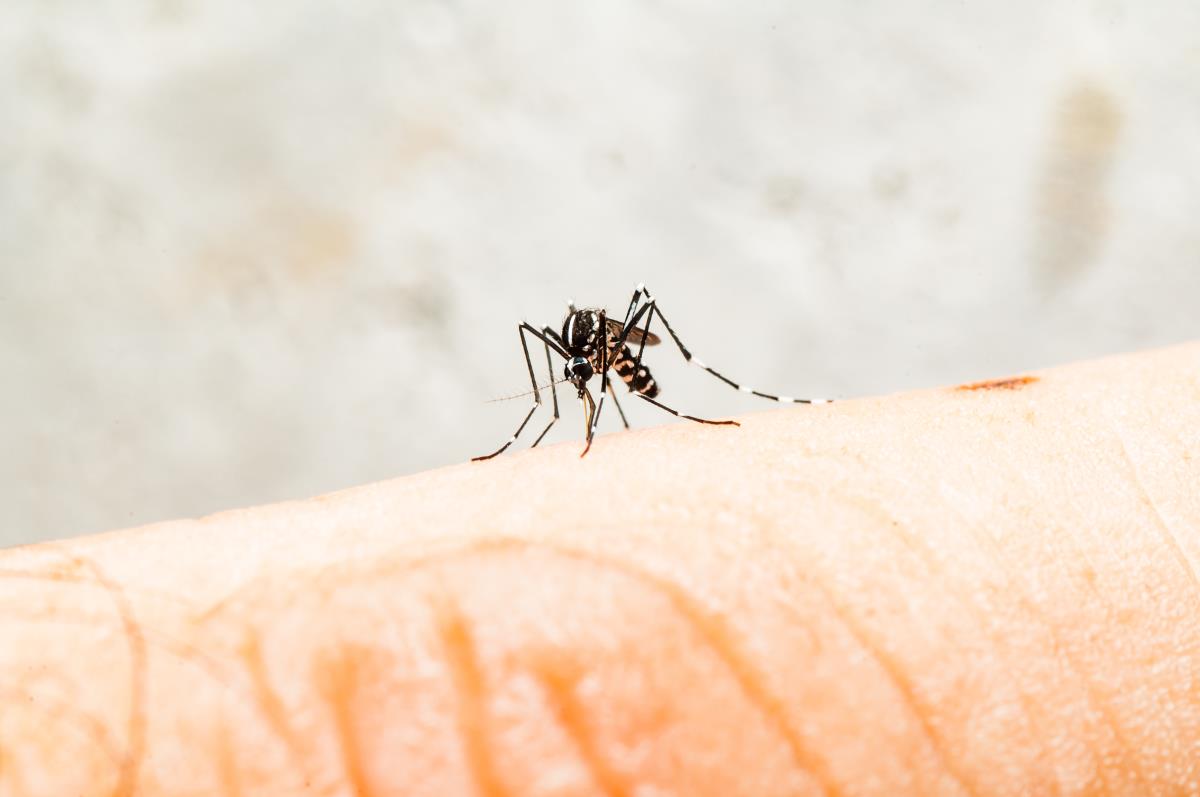Indoor air pollution may contribute to respiratory disease and heart disease, warn researchers
08/18/2020 / By Divina Ramirez

The term “air pollution” often conjures up images of industrial factories, smoke-belching cars and roaring bush fires. But the air inside our homes can also become just as polluted, albeit in a deadlier sense.
Experts from the Global Healing Center maintain that indoor air pollution poses a much bigger problem because of its silent and often undetectable nature. In fact, indoor air pollution has been found to cause a range of health problems, from headaches to cancer.
The dangers of indoor air pollution
Indoor air pollution can have both short-term and long-term effects on human health, according to the Environmental Protection Agency (EPA). In fact, indoor air pollution is one of the leading causes of disease and premature death in developing countries.
For the most part, this can be attributed to the simple fact that indoor air pollutants are a lot more difficult to detect prior to them causing significant and adverse health problems and issues.
Here is a run-through of the reported health risks of both acute and prolonged exposure to indoor air pollutants:
Immediate effects
Long-term effects
- Heart disease
- Lung cancer
- Chronic bronchitis
- Asthma flare-ups
Take note that although immediate effects are treatable, acute exposure to indoor air pollution can still heighten the risk of chronic conditions, such as heart disease later on.
The effects of exposure might also be amplified in people with preexisting lung conditions like bronchitis and asthma.
For these reasons, it is important to identify sources of indoor air pollution and eliminate these pollutants as soon as possible.
Common sources of indoor air pollution
Certain items or substances in the home can emit gases or release particles that contribute to indoor air pollution. Get rid of them as soon as possible to minimize the risk of exposure to indoor air pollution and its related health risks.
- Old furniture – Flame retardants in old pieces of furniture and formaldehyde, a chemical used in some old furnishings, are toxic to humans.
- Air fresheners – Air fresheners contain phthalates, a group of noxious chemicals that can disrupt hormone functions in babies and children.
- Candles – Most candles, scented or not, are made from a petroleum-derived substance that contains the cancer-causing compounds benzene and toluene.
- Inkjet printers – Inks used in inkjet printers and similar machines contain industrial chemicals called glymes that have been linked to reproductive health problems.
- Indoor fireplace – Microscopic particles in the smoke from indoor fires can enter the nose and irritate the nasal tract, causing bronchitis or triggering asthma attacks.
Strategies for reducing indoor air pollution
Using the right strategies, it’s possible to curb the problem of indoor air pollution and minimize the risk of health issues connected to it. Here are five doable measures that people can take to reduce or eliminate indoor air pollution and avoid its adverse effects on health:
- Ventilate – On top of keeping air from becoming stale and affecting cognition, ensuring proper ventilation in all rooms also keeps certain chemicals and airborne contaminants from accumulating and taking up space for fresh air.
- Use a good air purifier – Use air purifiers for nooks and crannies around the house that ventilation alone can’t reach. For best results, make sure that the air purifier uses a high-quality filter, like a high-efficiency particulate air (HEPA) filter.
- Spread out house plants – House plants act as natural air purifiers and dehumidifiers. Plants can soak up carbon dioxide inside the house and, in turn, produce oxygen for cleaner, fresher indoor air.
- Vacuum – Regular vacuuming keeps the house free of dust, pollen, soil and other larger contaminants. It also helps eliminate microscopic allergens that might be lingering in the air or on the furniture.
- Use a damp cloth for dusting – Regular dusting is not going to cut it. You’ll need to use a damp cloth to ensure that the dust is removed instead of just being moved or spread around to another part of the house.
It might be impossible to avoid exposure to indoor air pollutants 100 percent, but people can take certain steps to minimize their risk of exposure. (Related: The 4 best plants that clean your indoor air.)
Read more articles about the health risks and potential consequences of exposure to indoor air pollution at Pollution.news.
Sources include:
Tagged Under: asthma, Bronchitis, chemicals, environment, heart disease, prevention, respiratory diseases, tips, toxins
RECENT NEWS & ARTICLES
COPYRIGHT © 2017 PREVENTION NEWS




















